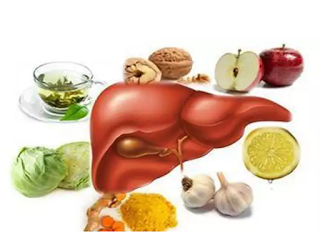Harmful effects of using petroleum jelly(Vaseline)

Petroleum jelly is a semisolid mixture of fatty substances that are a byproduct of the crude oil industry. petroleum jelly in manufactured form A common brand name is Vaseline. Although it can soften skin, there are many reasons never to put petroleum jelly on your skin. Products containing petroleum jelly can contaminate the body, interfere with estrogen levels, and may contain carcinogenic substances. The good news is that there are much safer and better alternatives for your skin without the health issues associated with petroleum jelly. Natural emollients like coconut oil, Shea butter, jojoba oil, and almond oil are completely natural products that haven’t gone through a refining process. These oils contain many natural and healthy ingredients that nourish, moisturize, and protect your skin at the same time – something which petroleum jelly cannot do. In fact, some of those natural oils are so healthy that you can cook with them! Read on to find out why yo...









